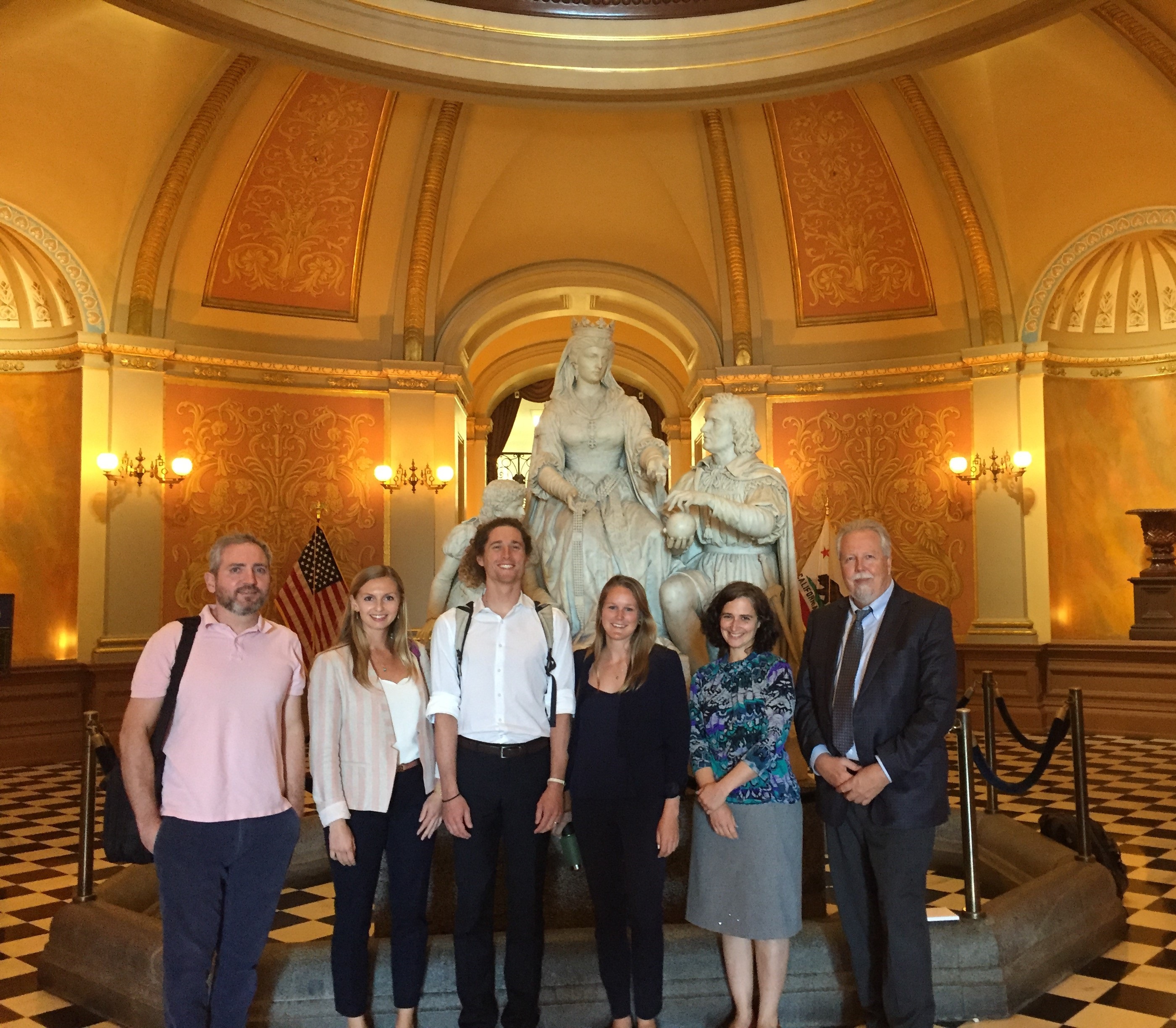CW3E Participates in UP Summit
April 25, 2019
Research from across the University of California San Diego, including the Center for Western Weather and Water Extremes (CW3E), was showcased at the second annual UP Summit on April 25, 2019. UP Summit stands for Understanding and Protecting our Planet, which is one of UC San Diego’s four strategic research themes. It focuses on communicating environmental change, creating solutions to enhance societal resilience, and recommending policy changes. CW3E also participated in the inaugural UP Summit held on May 17, 2018.
After opening remarks by UC San Diego Chancellor Pradeep Khosla and former California Governor Gray Davis, the summit focused on two main issues UC San Diego researchers tackle under the initiative on Understanding and Protecting Our Planet: extreme wildfire and atmospheric river forecasting. Scripps Institution of Oceanography Director Margaret Leinen provided opening remarks and moderated the panel focused on atmospheric river forecasting, where Dr. Marty Ralph, director of CW3E, was joined by Grant Davis, general manager of Sonoma Water; Greg Woodside, executive director of planning and natural resources at the Orange County Water District; and Dave Eggerton, executive director of the Association of California Water Agencies. They discussed the importance of atmospheric river research to improve California’s water supply reliability, flood protection, and climate adaptation.
This opportunity for the students and staff in CW3E to participate in a state capitol policy event is a good example of the type of opportunities being created through the partnership between Scripps Institution of Oceanography/CW3E and UC San Diego’s School of Global Policy and Strategy (GPS), which is helping to bridge science and policy at UC San Diego. This partnership is a key focus for CW3E since policy is a major priority for the Center. Pictured below is the group of CW3E graduate students, post-docs and staff who attended the meeting, located at the California State Capitol Building in Sacramento, Calif. The three graduate students (Meredith Fish, Mike Sierks, and Kara Voss) are all recipients of GPS Science Policy fellowships, a campus-wide initiative which pairs STEM Ph.D. students with GPS faculty mentors to explore the policy implications of their dissertation research.


